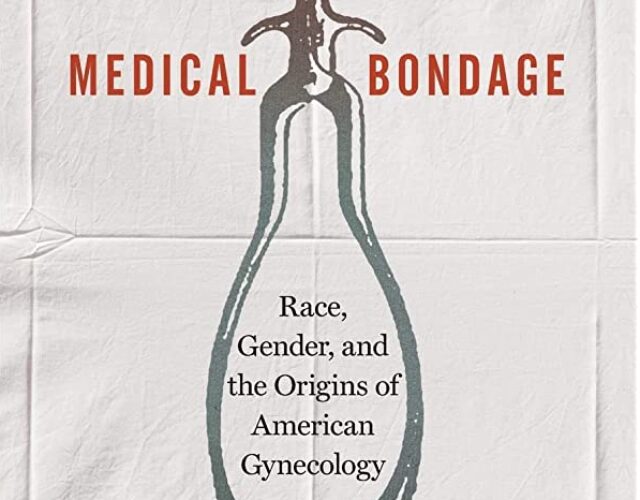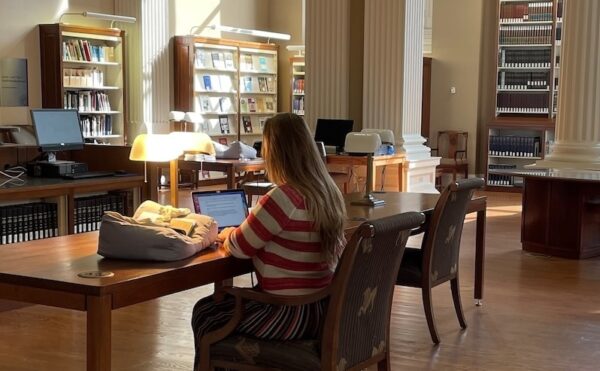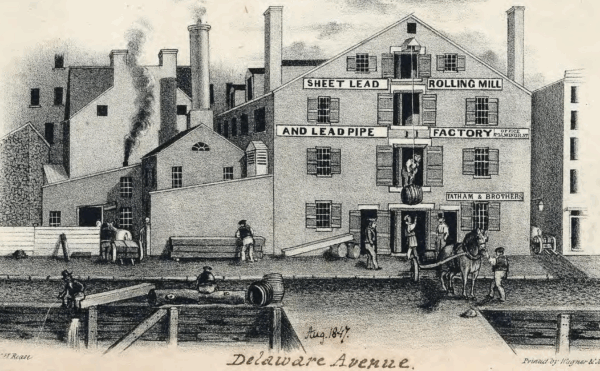Why the History of Medicine Matters in Birthing Justice

Deirdre Cooper Owens is a historian of medicine working at the intersection of science, race, and gender. She is the Charles and Linda Wilson Professor in the History of Medicine and director of the Humanities in Medicine program at the University of Nebraska–Lincoln, as well as a distinguished lecturer for the Organization of American Historians (OAH).
Cooper Owens also serves as director of the Program in African American History at the Library Company of Philadelphia, the oldest cultural institution in the United States. Her first book, Medical Bondage: Race, Gender, and the Origins of American Gynecology (University of Georgia Press, 2017) won the 2018 Darlene Clark Hine Book Award in African American women’s and gender history.
Cooper Owens’s Lunchtime Lecture is supported by the National Endowment for the Humanities as part of the Institute’s Innate: How Science Invented the Myth of Race project.
About the Series
Our virtual Lunchtime Lecture Series is for scholars and anyone curious about the history of science, technology, and medicine. Topics range from rigorous to entertaining, and help expand perceptions of the nature of science and how it’s done.
More events
Stories of Science: We ❤︎ Chemistry!
Join us in our museum EVERY SATURDAY for a family-friendly program that highlights strange and surprising stories from the history of science!
Othmer Library Tour
Curious about the other half of the Science History Institute? Step into the Othmer Library of Chemical History!
Philadelphia: Workshop of the World
Join us for March First Friday as we unveil Philadelphia: Workshop of the World, the latest exhibition from our A Closer Read series.



